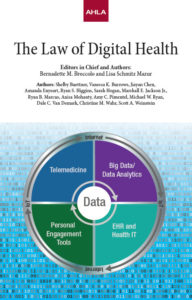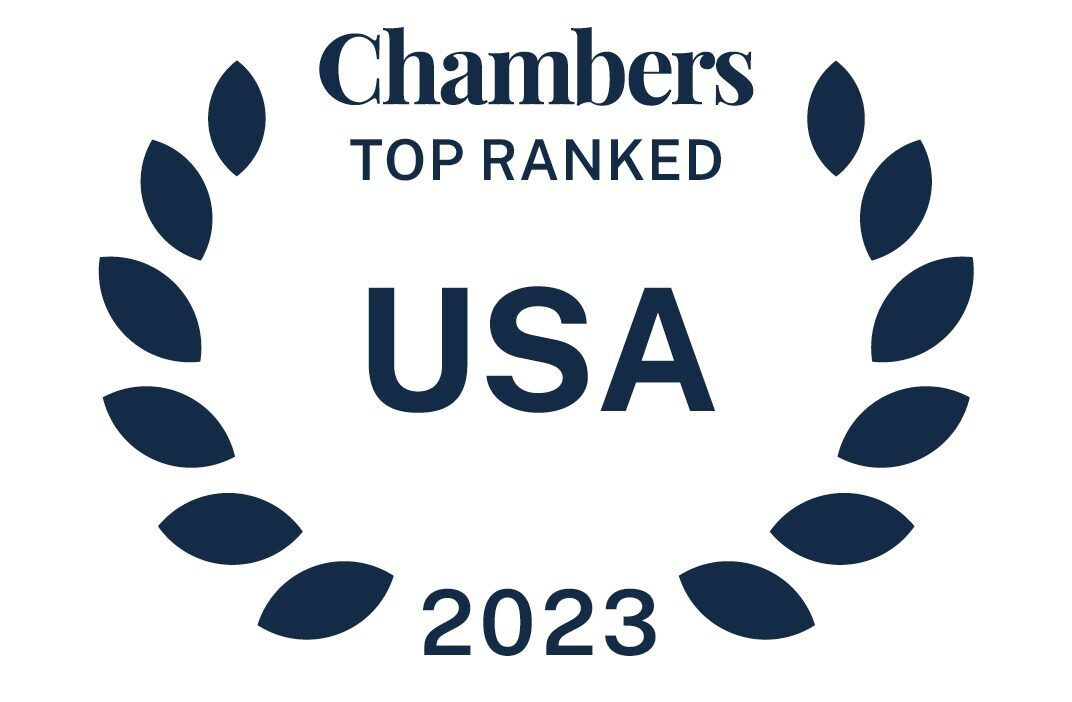Trending in Telehealth highlights state legislative and regulatory developments that impact the healthcare providers, telehealth and digital health companies, pharmacists and technology companies that deliver and facilitate the delivery of virtual care.
Trending in the past week:
- Medicaid Reimbursement of Behavioral Health Services
- Practice Standards for Counselors and Therapists
- Technology and EHR access
A CLOSER LOOK
Finalized Legislation and Rulemaking
- West Virginia enacted emergency rulemaking, effective October 12, 2023, that establishes the scope of practice for the provision of counseling services via telehealth technologies and the process for licensed professional counselors or licensed marriage and family therapists to obtain an interstate telehealth registration with the West Virginia Board of Examiners in Counseling. This rule ensures continuity of care while existing patients are either transitioning to become a resident of another jurisdiction or temporarily located in another jurisdiction.
- Washington, DC, adopted an emergency rule, effective September 1, 2023, that reimburses the use of audiovisual telehealth visits in the Assertive Community Treatment (ACT) program within DC Medicaid.
- Mississippi finalized rulemaking, effective October 1, 2023, regarding Medicaid coverage for continuous glucose monitoring services via telemedicine.
- Oklahoma finalized rulemaking, effective September 11, 2023, that allows for onsite and mobile crisis intervention services to be provided in person or via telehealth.
Legislation and Rulemaking Activity in Proposal Phase
Highlights:
- California’s state legislature presented AB 1241 to the governor on August 30, 2023. If signed, the bill will loosen certain requirements related to the virtual delivery of care within the Medi-Cal program. Existing law requires providers that furnish services through video synchronous interaction or audio-only synchronous interaction to also either offer those services in person or arrange for a referral to, and a facilitation of, in-person care. That requirement will go into effect by a date set by the State Department of Health Care Services, but no sooner than January 1, 2024. Under AB 1241, providers will instead be required, in the above-described circumstance, to maintain protocols for patient referral to appropriate in-person care when the standard of care cannot be met by video synchronous interaction or audio-only synchronous interaction.
- California’s state legislature progressed AB 965.The bill is an amendment to the Permit Streamlining Act that would require local agencies that process applications for the construction of broadband projects to simultaneously process multiple broadband permit applications for substantially similar projects under a single permit (so-called “batch broadband permit processing”), with the goal of a more efficient broadband approval process.
- California also progressed AB 1369 to the Second Committee. This legislation provides that a person licensed as a physician and surgeon in another state would be authorized to deliver healthcare via telehealth to a patient who, among other requirements, has a disease or condition in which there is a reasonable likelihood of death within a matter of months.
- Alaska proposed rulemaking to [...]
Continue Reading
read more


 Subscribe
Subscribe


